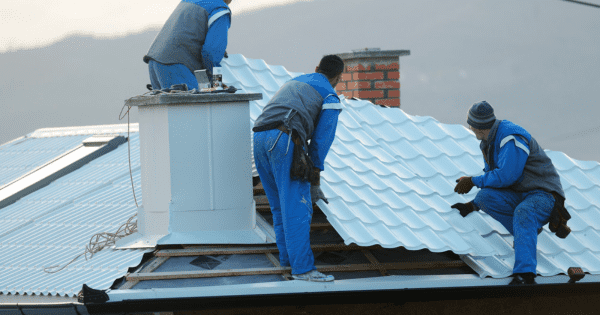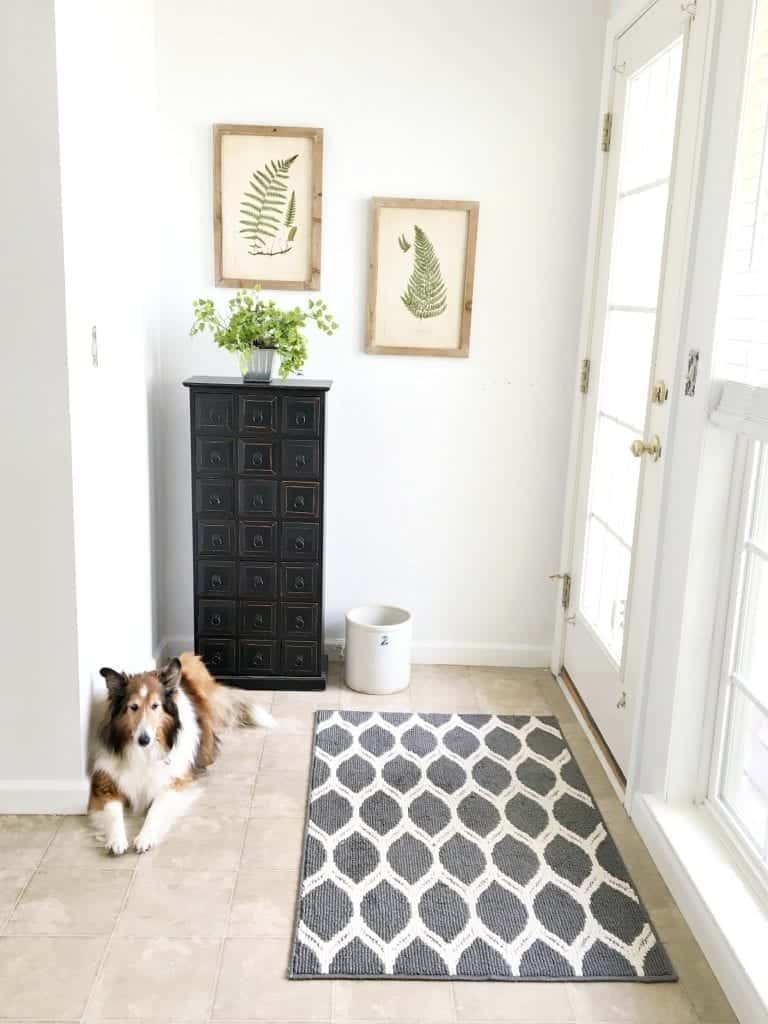Does Your HOA Have to Help With Basic Home Maintenance?
Many Americans live in communities that are governed by HOAs (homeowners associations). Homeowners associations are typically a group of residents that oversee the management of the community, neighborhood covenants, and bylaws, and they are also tasked with other duties. One of the most often asked questions is regarding the HOA’s responsibility to the homeowners. Learn more about typical HOA responsibilities below.
Responsibilities of the HOA Board Can Vary
Homeowners in the United States pay top dollar to live in neighborhoods with HOAs. In 2016 alone, about $88 billion was paid to HOAs and community associations. The idea behind an HOA is that the association will help homeowners maintain the value of their home by keeping the neighborhood up to par through enforcement of the bylaws and management of common areas.
The power and the responsibility of an HOA board can vary from neighborhood to neighborhood and is largely determined by the bylaws and the covenants of that neighborhood. In some cases, the board’s only responsibility is to collect HOA fees and manage common areas while enforcing neighborhood rules. In other cases, the HOA board takes a more active role in managing the community.
In almost every case, the HOA does not take responsibility for basic home maintenance in single-family home communities. However, in the case of condominiums, co-ops, and townhomes, they may. It all comes down to what the covenants and bylaws have to say about basic home maintenance and HOA responsibilities.
In some “adult” communities, perks like landscaping, lawn management, and even heating, air conditioning, refrigeration, and ventilation (HVACR), basic home maintenance is included, but it is a rarity. Your HOA’s responsibility to you as a resident really all depends on what is outlined in your bylaws, but they usually do not include basic home maintenance unless specifically outlined.
Common HOA Rules
Again, while every HOA can have a different set of rules that residents must follow, there are some basics that are almost always addressed in the bylaws of a community. For example, there are always fees that have to be paid annually that are used to manage the community and keep common areas in good shape.
In some communities, your exterior home maintenance is dictated by the bylaws of your community, and the HOA is there to enforce it. For example, where you can place an exterior fence, how high your grass can be, what type of decorations you can use outside, and more can all be a part of your neighborhood bylaws that the HOA board has to enforce.
Unfortunately, your home maintenance, basic or not, is usually your own responsibility. Ignoring home maintenance can wind up with you being fined by the HOA board. For example, if your roof is in disrepair and becomes an eyesore, the HOA can press you to make a choice between one of the five different kinds of roof coatings to repair your roof. You will have to sit down with a roofer and make the decision between polyurethane, silicone, acrylic, asphalt, and elastomeric roof coatings for your flat roof. If you leave the roof in disrepair, you can amass HOA fines on a daily basis until the repairs are complete.
One of the best ways to navigate your HOA rules is to make sure you fully understand them. In most cases, a new homeowner is given a booklet that outlines all the responsibilities of both the HOA and the homeowner. Make sure you read it to avoid any confusion about what the board is responsible for and what the homeowner is responsible for.
In most cases, HOAs are made up of people that have a home in the community, and the board is made up of volunteer residents, your neighbors. Everyone is working together toward keeping the community in tip-top condition to keep home property values up. Think of your HOA as more of a check and balance system to ensure everyone is taking care of their home and there is an interest in the greater good. If you have questions about your HOA’s responsibility or your responsibilities, the best way to get answers is to ask.








